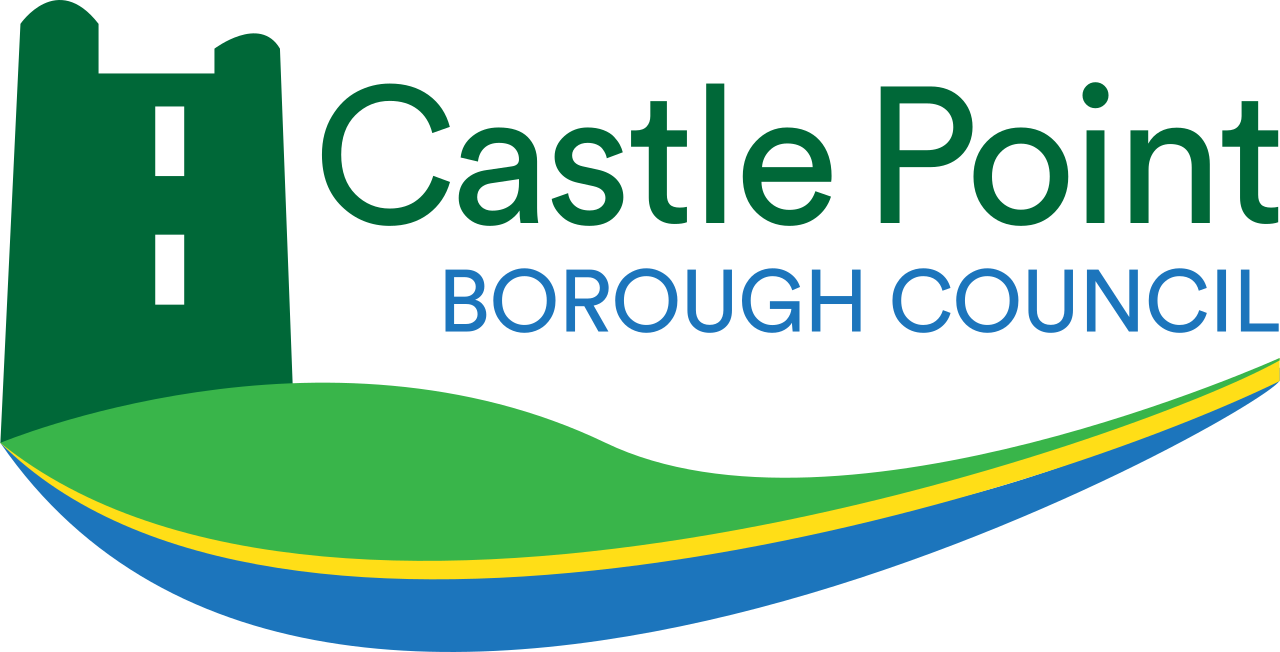Some types of waste must only be disposed of a certain way. See our list below for how to dispose of these kinds of waste products.
Electrical waste
The following counts as electrical waste:
- electronic devices - phones, computers, printers, remote controls, chargers, radios, VCRs, digiboxes, speakers, hi-fi units, electronic toys
- personal care - hairdryers, hair straighteners, electric toothbrushes, hair trimmers, shavers, hair curlers, facial saunas, power showers
- appliances - kettles, toasters, irons, blenders, sandwich toasters, coffee machines, whisks, bread makers, electric scales, smoothie makers
- all small DIY & garden electricals - drills, power tools, garden shears, jigsaws, sanders, strimmers, angle grinders
You can take small electrical items to the recycling centres. Libraries have limited capacity to accept these items, please contact them before travelling.
Larger electricals
- White goods - washing machines, tumble driers, ovens
- Fridges & freezers
- Other large electrical appliances - lawnmowers, TVs, electric radiators
Organise a collection for larger items via the Council's Bulky Waste collection or take to Recycling Centre, Canvey
Battery waste
Batteries you can recycle locally:
- All domestic batteries
- AAA to D size batteries
- 9v batteries
- Watch batteries
- Power tool batteries
- Mobile phone batteries
- Laptop batteries
Batteries you cannot recycle locally:
- Car/vehicle batteries - please take these to Canvey Recycling Centre
Venues for battery disposal
Clinical waste
Clinical waste is waste from a domestic setting that could contain infected human elements, including:
- syringes, needles or other sharp instruments
- human tissue
- blood or bodily fluids
- drugs or other pharmaceutical products
- infected swabs or dressings
- home dialysis waste
- sharps boxes (for hypodermic needles and other sharp medical instruments)
Disposing of Clinical Waste
Clinical Waste can be dangerous - do not dispose of it in black sacks.
We will only collect waste if the medication is self-administered. Medication administered by a health professional should be taken away by the health professional.
Arranging for a collection
Complete the following two forms to register a collection and we will contact you to arrange collection as soon as possible. Your collection may not necessarily happen on your standard collection day.
- Clinical waste resident form.pdf - this will inform us of the type of collection you require.
- Clinical waste requirement GP form.pdf - this form must be completed and stamped by your GP to prove the type of waste being produced.
Once complete and signed, please email both forms to recycling@castlepoint.gov.uk
Or post to:
Castle Point Borough Council
Farmhouse Depot
Canvey Road
Canvey Island
SS8 0QU
If you have any further questions on clinical waste or if you are unable to download or print these forms, please call 01268 882200 for assistance.
If you have not received a phone call from GB Holding to arrange collection within 3 weeks of providing the completed forms please contact GB Holding at 01245 464214 for the update.
Please note if you have already registered for regular collection of clinical waste please contact GB holding directly to arrange collection, there is no need to resend the forms again. If you have recently moved address please contact us at recycling@castlepoint.gov.uk to update your collection address.
Additional information
We do not provide replacement sharps boxes, these can be obtained on prescription from your GP.
Waste that results from hygiene and sanitary applications is usually considered offensive waste, not clinical waste.
This can include:
- nappies
- stoma waste
- spent catheters
- non-infected wound dressings from the home
Offensive waste can be bagged and then placed in with normal domestic refuse (black sacks).
Hazardous waste
We are not able to collect Hazardous Waste.
This includes:
- asbestos
- petrol
- chemicals and other toxic substances
For advice about the disposal of Hazardous Waste please contact Essex County Council’s Waste Management Helpline on 0845 603 7625
Find out what to do with hazardous waste via Love Essex.
